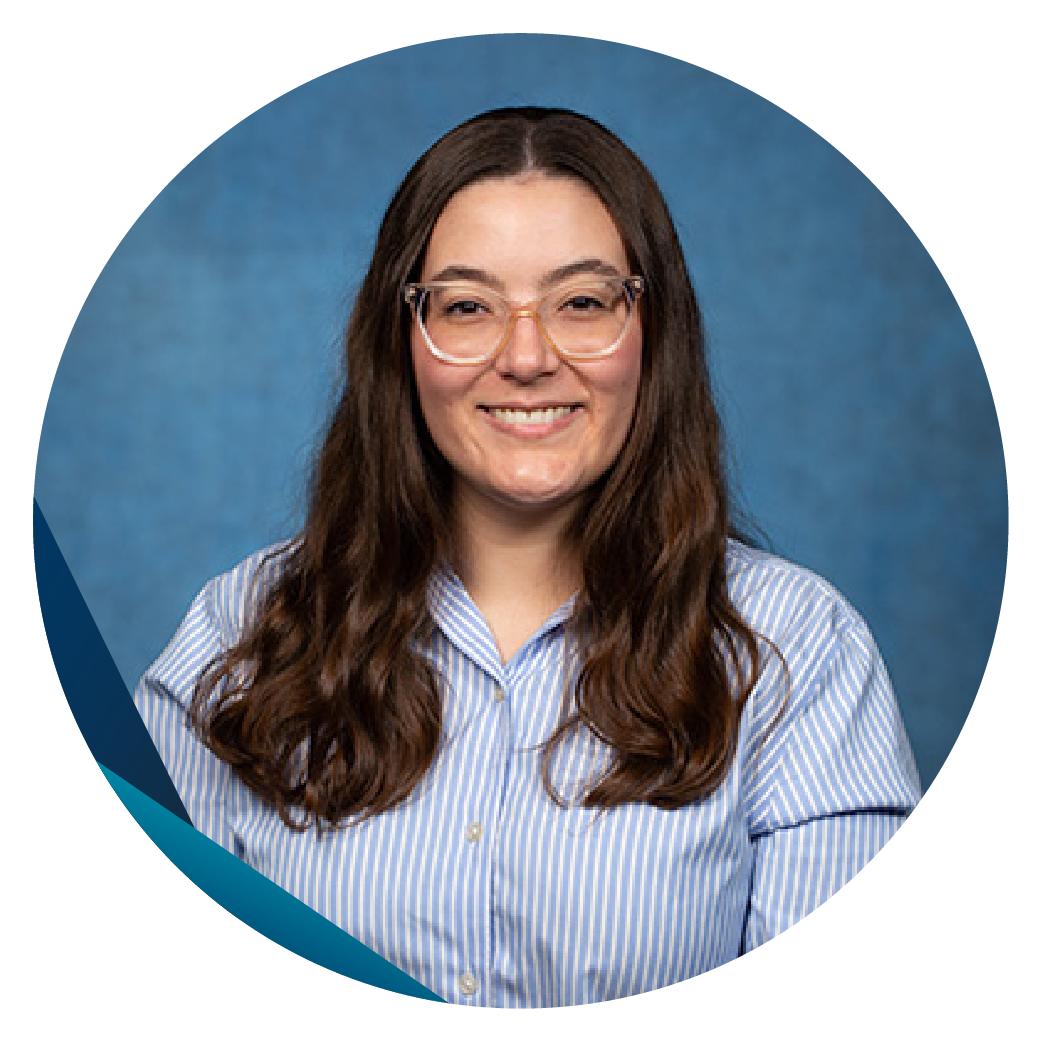
Public Health Lab
COVID-19 Stories: Greta
“My name is Greta. I was an epidemiologist with the Unexplained Critical Illnesses and Deaths program here at the Minnesota Department of Health from 2021-2023. I started my career at MDH as a student worker working in the Foodborne Illness Unit. After I worked here for a year, I transitioned into an epidemiologist position where I helped track COVID-19 deaths. And then I transitioned into investigating unexplained deaths that could be from infectious causes. It’s very uncommon work; only a couple of sites in the country investigate these deaths in a structured way.
“I think, and honestly a lot of other students would agree, that our education was negatively affected by the pandemic. I was finishing up my senior year of undergrad when COVID-19 first hit, and then I was in grad school for the next year. I hate to say it, but it really was ‘Zoom University.’ I think one good thing that came out of it was that people became a lot more empathetic, and professors became a lot more aware of students’ personal circumstances. Another obvious change is working from home. I never did that when I was a student worker at MDH.
 “For my work in the Foodborne Unit, I had to be in a room with a closed door because I was making phone calls to people regarding their private health information. The only room in my one-bedroom apartment with a door was my bedroom. I didn't have a desk in there yet, so I pulled out the ironing board, and I had my computer open on one side with my headset. We were still doing interviews on paper, so I was writing on the ironing board on the other side. So, it was both education and workplace that changed a lot for me.
“For my work in the Foodborne Unit, I had to be in a room with a closed door because I was making phone calls to people regarding their private health information. The only room in my one-bedroom apartment with a door was my bedroom. I didn't have a desk in there yet, so I pulled out the ironing board, and I had my computer open on one side with my headset. We were still doing interviews on paper, so I was writing on the ironing board on the other side. So, it was both education and workplace that changed a lot for me.
“When I was working on tracking COVID-19 deaths, every single case was investigated individually by at least one person, sometimes two. We had a strict definition that we had to follow that was updated as required. Dozens were dying every single day, and it became a lot more real: the work that we were doing, the names coming in. These were real people. I had to spend a lot more time processing the data I was looking at. We read obituaries not only to confirm proper birth date and date of death information, if you could believe that, but we also had to take a moment and read about someone's life. Every single person had a story or had family members that loved them.
“I think if you ask anyone who was working on COVID-19 deaths, we needed to unplug and disconnect after work. At the end of the day, I’d shut the computer, leave it, and not look on social media or read about these deaths outside of work hours. Tracking COVID-19 deaths, frankly, was depressing, so it was really necessary to set those boundaries and come back to it when the next day started. Setting healthy boundaries was necessary to ensure that I brought as much focus and sympathy as possible to this work.”
PHL COVID-19 Stories is a series about the experiences of Public Health Lab employees during the COVID-19 pandemic.